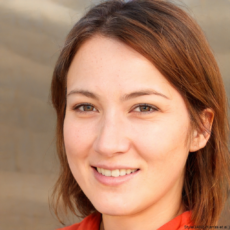- Email: info@tripsforkidsdenver.org
- Phone: +1 (303) 555 0199
Providing Your Child with a Strong Foundation for Success
-
Trips for Kids Denver 123 Adventure Lane Denver, CO 80201 United States
Get In Touch
Monday to Friday
9:00 AM — 5:00 PM
Email: info@tripsforkidsdenver.org
Phone: +1 (303) 555 0199















